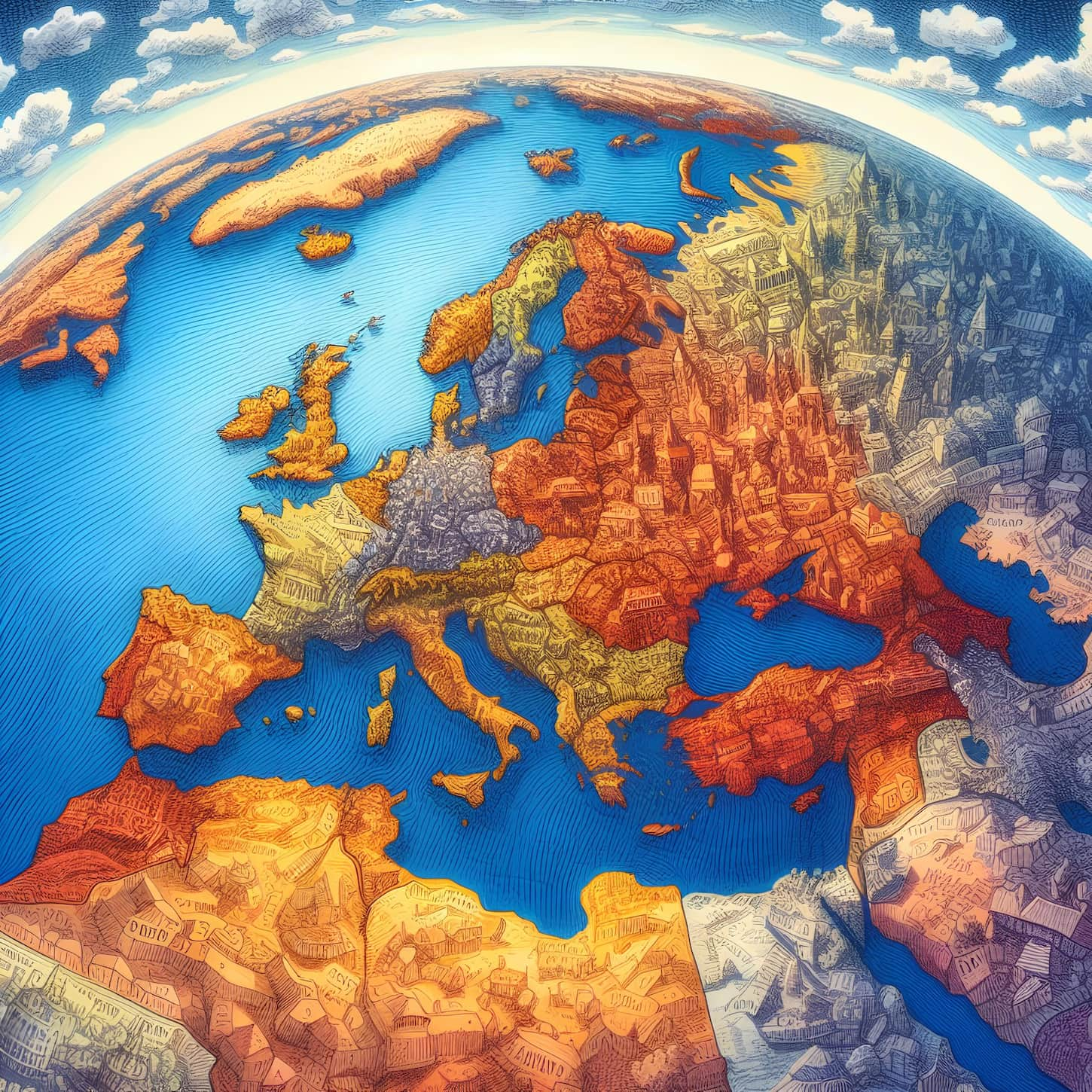Where Does the Name Europe Come From?
The name "Europe" has ancient roots and has likely evolved through linguistic and cultural changes over time, retaining its connection to Greek mythology.

The name "Europe" has ancient roots and has likely evolved through linguistic and cultural changes over time, retaining its connection to Greek mythology.


